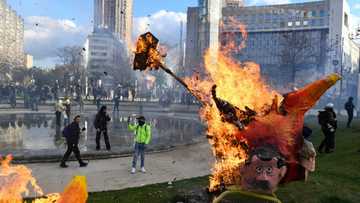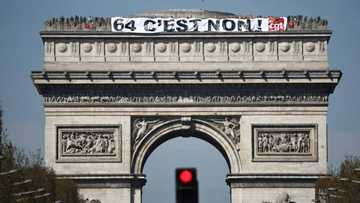Why do we celebrate Workers' Day in South Africa? Explained
South Africa has a dozen official public holidays each year, honouring different events or traditions. One of them is the Workers' Day, also known as May Day across the globe. So, why do we celebrate Workers' Day in South Africa? Learn more about the special day and how South Africans celebrate it.
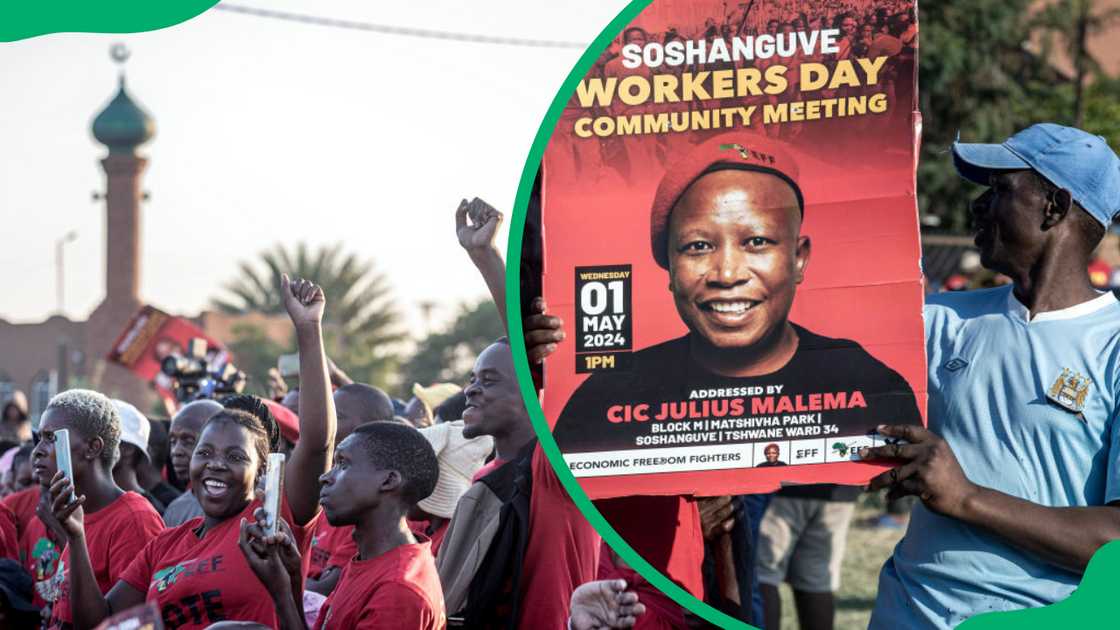
Source: Getty Images
TABLE OF CONTENTS
- Key takeaways
- Why do we celebrate Workers' Day in South Africa?
- Is Workers' Day a public holiday?
- When is Youth Day in South Africa?
- Why was 16 December celebrated in South Africa?
- When is Freedom Day in South Africa?
- What are the quotes for Freedom Day in South Africa?
- Who started workers day in South Africa?
- What is Workers' Day in South Africa?
- What is the 4-day workweek in South Africa?
Key takeaways
- Workers' Day is celebrated on the 1st of May in South Africa.
- The day honours labourers and their contributions towards the growth of their respective nations.
- The history of Workers' Day started in the 1900s.
Why do we celebrate Workers' Day in South Africa?
Workers’ Day in South Africa honours the fight for workers’ rights. The day recognizes those who struggled for fair wages and improved working conditions.
It also acknowledges the role workers played in ending apartheid. It serves as a reminder to reflect on progress and continue advocating for fairness.

Read also
Donald Trump's administration considering draft order, aims to reduce diplomatic footprint in Africa
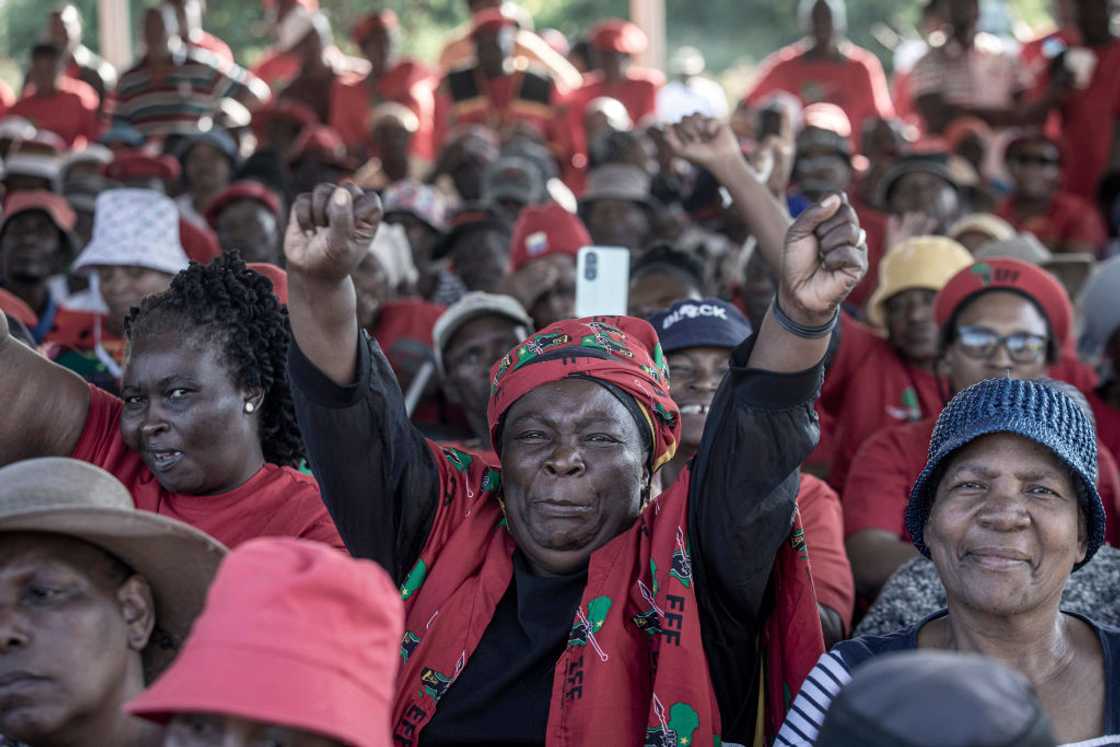
Source: Getty Images
What is the purpose of Workers' Day?
Workers' Day 2025, like previous years, honours workers' struggles and celebrates progress in protecting their rights. Employees have made significant strides, moving from long working hours to a standard 8-hour workday.
The fight for shorter working hours began in the 1800s as per multiple sources. In 1884 the Federation of Organised Trades and Labor Unions in America and Canada agreed that 8 hours should be the standard workday. They also decided that May 1st would be the ideal date to commemorate workers.
History of Workers Day in South Africa
Workers' Day history in South Africa dates back to the early 1900s. In 1910, British labour and socialist leader Tom Mann criticized the South African Labour Party for ignoring African workers. He urged the white labour movement to find a way to organize African labourers. This marked the start of the labour movement in South Africa.

Read also
US Embassy praises law enforcement for saving kidnapped pastor, SA jokes: “Cut us some slack now"
World War I, in August 1914, had a major impact on socialist labour politics in the country. In 1913, a strike by mine employees took place, along with a railway strike involving both pro-war and anti-war workers.
In response, the Internationalist Socialist League (ISL) was formed in 1916. The Russian Revolution in 1917 gave new international significance to May Day.
The ISL planned a May Day rally in South Africa, with Horatio Mbelle, an African articled clerk, scheduled to speak. However, the rally did not happen. In 1916, May Day was a small event, marked by social gatherings and visits to the graves of workers killed in the 1914 strike.
It wasn't until 1928 that many African workers began participating in May Day, with a large labour march taking place that year.
In 1950, during the 64th anniversary of May Day, the Communist Party of South Africa (CPSA) called for a strike to protest the Suppression of Communism Act. The strike led to police violence, resulting in 18 deaths across Soweto.
The CPSA was dissolved within two months, and the ANC took over organizing a “day of mourning” to honour those who died in the strike. This led to the Congress of the People in 1955 and the creation of the Freedom Charter, strengthening the alliance of anti-apartheid forces.
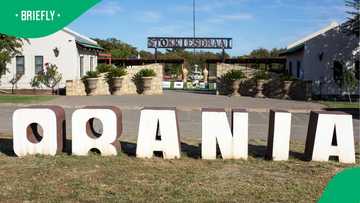
Read also
Northern Cape EFF wants Orania gone, SA defends Afrikaner town: "We can learn a lot from them"
When was Workers' Day first celebrated in South Africa?
Workers’ Day was first officially recognized in South Africa after the formation of the Congress of South African Trade Unions (COSATU) in 1985. Workers called for May Day to be renamed Workers’ Day and for it to become a public holiday. This marked the beginning of national recognition and celebration.
Importance of Workers Day in South Africa
This celebration began with workers' struggle for fair employment terms. It is also a time to honour those who fought against racism and discrimination. Workers fought for equal rights, both at work and outside. The journey to have these rights enshrined in the constitution was not easy. It is a journey worth celebrating.
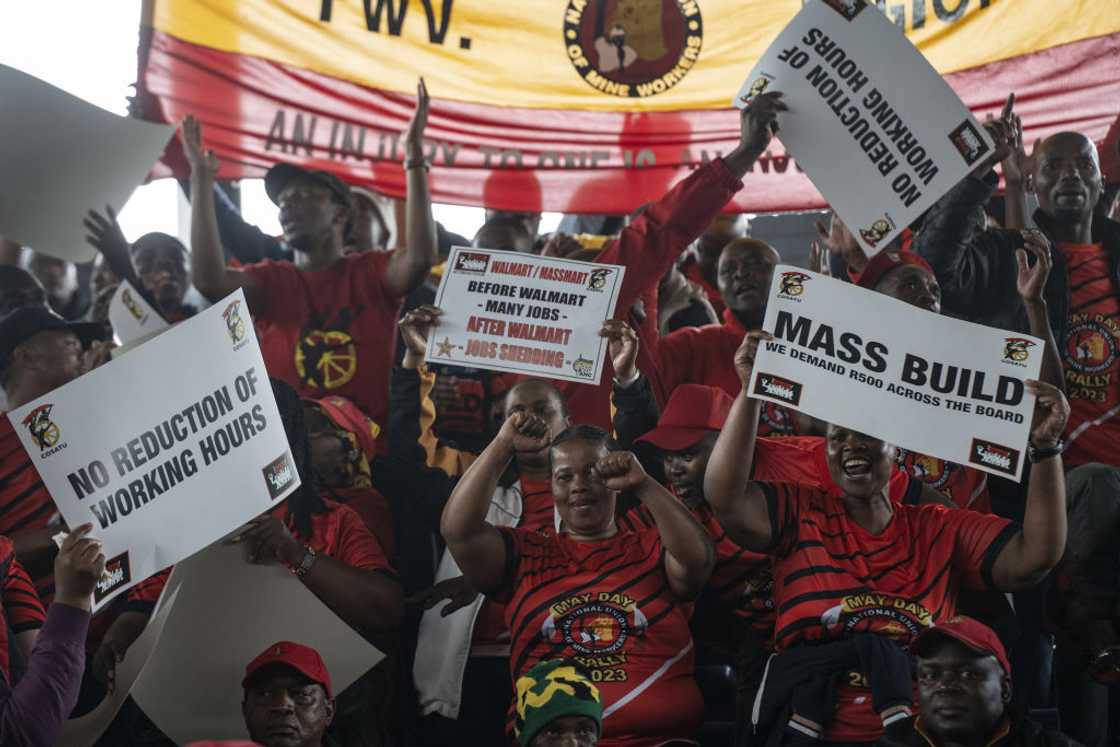
Source: Getty Images
Workers' Day in South Africa 2025
The 2025 Workers’ Day in South Africa will be on May 1. The day began as a global tribute to workers’ rights in 1891. In South Africa, it honours the fight against apartheid-era labour abuse and the role of unions in winning freedom and fairness.
Today, it stands for dignity, fair pay, and safe work. People gather in marches, reflect on progress, and speak out on current challenges. Workers’ Day reminds South Africans that the struggle for justice at work is not over.
Is Workers' Day a public holiday?
Yes, Workers’ Day is a public holiday in South Africa and many other countries. Schools and businesses close, while some people organize sporting games and events. Leaders give captivating speeches to honour workers.
A Workers’ Day speech in South Africa often highlights labour rights, fair treatment, and the power of unity.
When is Youth Day in South Africa?
Youth Day in South Africa is observed on June 16. The Youth Day honours the youth who were ambushed by apartheid police in Soweto on this day in 1976. Over 500 young people were killed. The day serves as a reminder of their sacrifice and the struggle against apartheid.
Why was 16 December celebrated in South Africa?
16 December is significant in South Africa. It was originally the Day of the Vow, commemorating the Voortrekkers' victory over the Zulus at the Battle of Blood River in 1838. Later, the day was redefined.
It is now called the Day of Reconciliation and celebrates unity and reconciliation after the end of apartheid.
When is Freedom Day in South Africa?
Freedom Day in South Africa is celebrated on April 27. It marks the first post-apartheid elections held on this day in 1994. For the first time, all South Africans over 18, regardless of race, were allowed to vote. The day also commemorates the introduction of the new constitution.
Freedom Day is one of South Africa's twelve public holidays. On its first commemoration, President Nelson Mandela addressed Parliament.
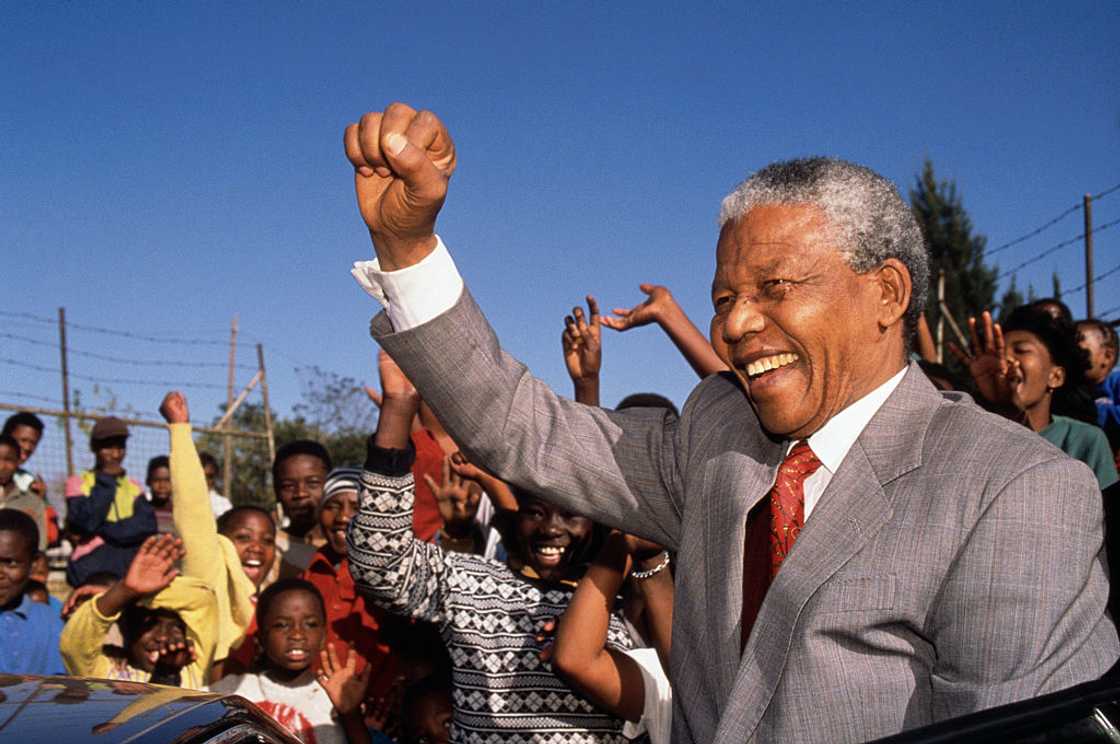
Source: Getty Images
What are the quotes for Freedom Day in South Africa?
To celebrate Freedom Day, here are some inspirational quotes by former presidents and party leaders who were part of the fight for a free South Africa;
- For to be free is not merely to cast off one's chains, but to live in a way that respects and enhances the freedom of others. - Former president Nelson Mandela
- Do not judge me by my successes, judge me by how many times I fell down and got back up again. - Former president Nelson Mandela
- No one is born hating another person because of the colour of his skin, or his background, or his religion. People must learn to hate, and if they can learn to hate, they can be taught to love, for love comes more naturally to the human heart than its opposite. - Former president Nelson Mandela
- Let us in all humility remember that we are of this age and hour and only ones who have struggled for liberation of the people of our land and it behoves call us men and women who in defense of freedom, sacrificed most devotedly. - Former ANC president-general Albert Luthuli
- The fight for freedom must go on until it is won; until our country is free and happy and peaceful as part of the community of man, we cannot rest…we seek a united democratic and non-racial society. - Former ANC chair Oliver Tambo
- Although today we walk tall because our collective efforts culminated in the 27th of April being our Freedom Day, we all still carry scars that remind us that our freedom that at times is taken for granted, was never free. - Former president Thabo Mbeki
- This nation has indeed trudged a very long way from an embittered past to a society based on equality, dignity, and respect for human rights. Freedom means freedom from ignorance, diseases, want, landlessness, homelessness, joblessness, poverty and fear. - Former president Kgalema Motlanthe
Who started workers day in South Africa?
The official recognition of Workers' Day in South Africa is credited to COSATU. In 1986, COSATU organized a large-scale stay-away. The goal was to demand that May Day be recognized as a paid public holiday.
What is Workers' Day in South Africa?
In South Africa, Workers' Day is celebrated on May 1st each year. It is also known as International Workers' Day or May Day. The day honors workers' rights and the role of trade unions. It marks their fight against apartheid and for fair employment standards.
What is the 4-day workweek in South Africa?
In South Africa, there is no official national policy for a 4-day workweek. However, some companies have tested or adopted it. These companies usually work 32 hours per week while maintaining full pay. The pilot programs aim to assess the impact on employee well-being, productivity, and business operations.
Why do we celebrate Workers' Day in South Africa? This is because it is a special date for labourers just as it is in most countries across the globe. It is important to celebrate the small wins as you fight for better deals in the future.
Briefly.co.za recently published an article on Freedom Day in South Africa 2025: quotes, history, numbers, facts. What happened on Freedom Day 27 April 1994? South Africa made a vital milestone on this day.
Oppression, racial segregation, sexism, racism, and forms of modern-day slavery came to an end in Mzansi on this day. Read detailed facts about Freedom Day South Africa in this article.
Source: Briefly News

Peris Walubengo (Lifestyle writer) Peris Walubengo has vast experience in search engine optimization through digital content generation, research, editing, and proofreading. She joined Briefly.co.za in November 2019 and completed the AFP course on Digital Investigation Techniques. You can email her at perisrodah254@gmail.com.

Sharon Boit (Lifestyle writer) Sharon J. Boit is a creative writer and researcher with over 10 years of experience. She began her career as a project manager and researcher at the Center for Urban Research and Innovations, University of Nairobi. Sharon has written articles and blog posts for MSN News, Ihamba Adventures, and Industry Biz. She joined Briefly.co.za as a Lifestyle Writer in October 2024, covering entertainment, sports, education, and finance. You can reach Sharon J. Boit by email at boit@gmail.com.



